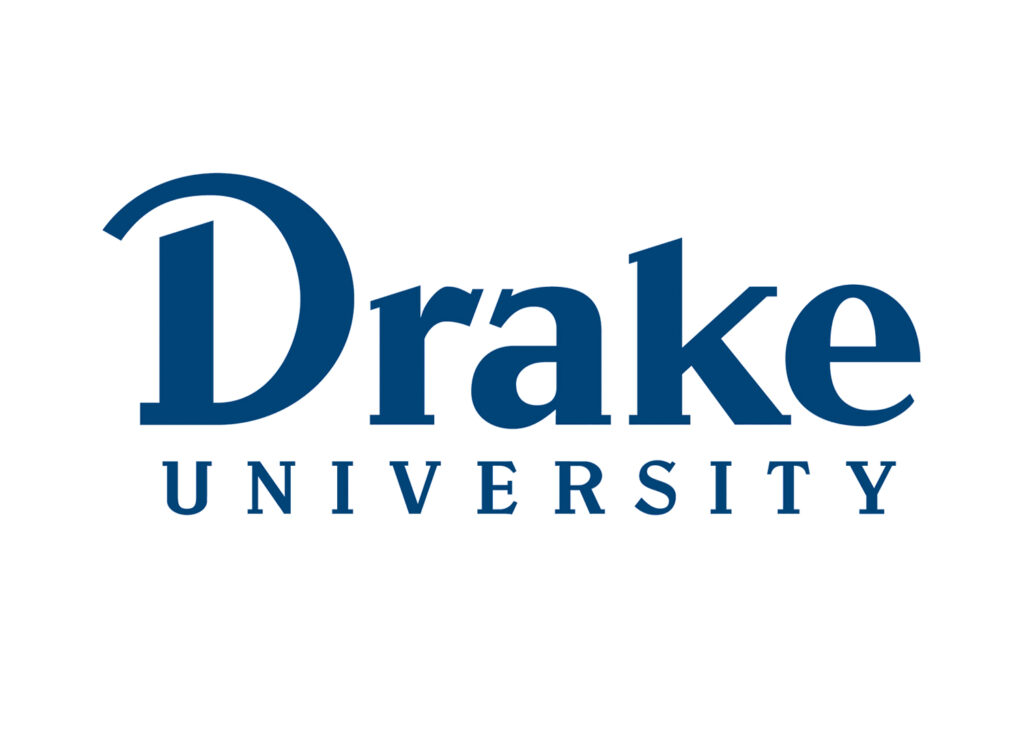New survey finds ‘committed yet strained’ nonprofit sector in Central Iowa
Demand outpacing resources, workforce challenges among the survey’s results

Business Record Staff Oct 8, 2024 | 3:26 pm
1 min read time
296 wordsAll Latest News, Nonprofits and PhilanthropyUnited Way of Central Iowa, the Community Foundation of Greater Des Moines and Bravo Greater Des Moines have released the results of a new survey that found Central Iowa’s nonprofit sector is “committed yet strained” as organizations require more capacity to meet rising demands.
The report of the 2024 Central Iowa Nonprofit Sector Survey results covers five key findings, including that demand for nonprofits’ services is outpacing the availability and growth of resources.
The other four findings are:
- Filling and retaining positions is among the top challenges of nonprofit leaders.
- Central Iowa nonprofits remain optimistic and are committed to meeting the increasing demands.
- Shifts in the philanthropic landscape have affected overall giving and the dynamics between individual and corporate philanthropy in recent years that reflect broader trends influencing how and why donations are made, the release said.
- Health and human services nonprofits are seeing compounding pressures to meet the needs of an increasing number of vulnerable community members.
United Way, Bravo and the Community Foundation jointly conducted the survey this spring after hearing concerns from the community about the “financial stability” of several organizations, United Way of Central Iowa President Mary Sellers said in a news release.
The survey targeted nonprofits in Polk, Warren and Dallas counties received responses from over 110 organizations. Respondents ranged from volunteer-run entities to those with more than 700 employees, serving between 20 to 700,000 individuals annually.
“It’s crucial for all of us to work together … with a collaborative, systems-level, community-driven approach that involves government, businesses, nonprofits, faith-based organizations and the insights of community members with lived experiences to build a stronger, more resilient community that can effectively meet the diverse needs of its members,” Sellers said in a prepared statement.
To learn more about the survey, click here.










